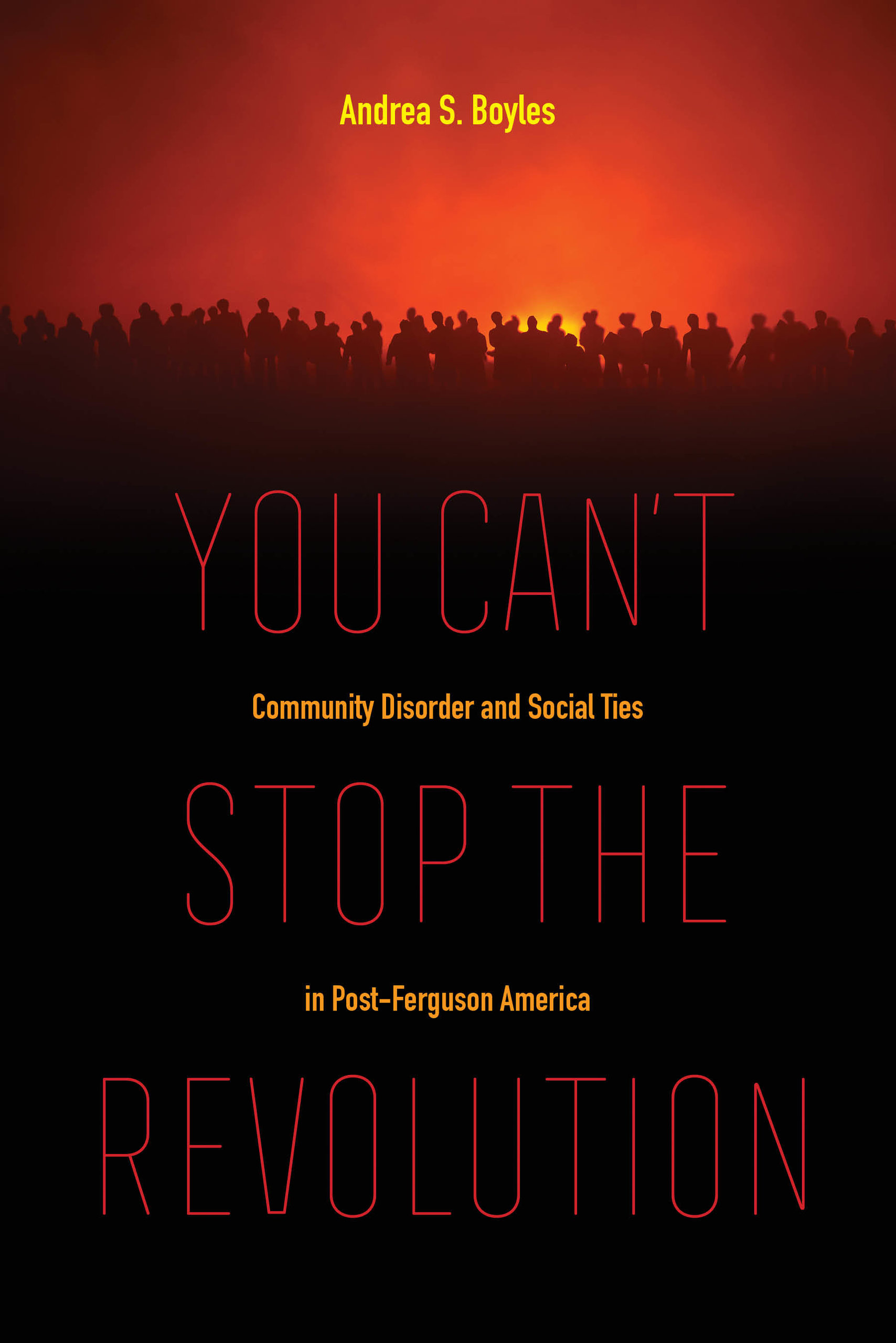
Obviously, it depends on the individual and the situation. Susan: There's quite a number of reasons for that. Why isn't the science and data enough to get people to change their behavior? It's really valuable now that we're all working together on the climate crisis, because we need all the different elements if we're going to address it sufficiently.Ĭolleen: Well, it's so true. And the principles interact with all these other fields in the behavioral sciences. Susan: I think I'd like to mention behavioral economics in answering that question, because it's one of the popular interdisciplinary approaches to sustainability, that includes all kinds of fields, economics, obviously, but also many parts of psychology, including my area of behavior analysis.Īnd the consequences that are important in learning principles are just so ubiquitous that you find them everywhere. And you can see how useful that is, and why that capability evolved very early in the history of multicellular life.Ĭolleen: As you're talking about this, I can't help but think about when I was first training my puppy and I often felt like I was reinforcing the bad habits orthe bad behavior! Tell me how this works, with people, and particularly, when we're trying to change someone’s behavior toward more green, sustainable habits. And, all of these many factors interact in complex ways, but the basic idea of learning from consequences is pretty simple, really. Susan: We sometimes refer to the ABCs, Colleen, in terms of antecedents in the environment, and then the behavior, and its consequences. And all of that has important applications when we develop sustainability interventions.Ĭolleen: And what are some of the other principles you looked at? For example, positive reinforcers come in many dimensions, big versus small, natural versus artificial, intrinsic versus extrinsic, immediate versus delayed. But like so many things in life, there's obviously a great deal more to it than that. Positive reinforcement itself sounds fairly simple. It is based on fundamental learning principles like positive reinforcement, and a great deal more. What are the basic learning principles of behavioral psychology? Susan, I have so many questions for you, but let's start with the science. And your work now focuses on how we can apply behavioral science to the climate crisis. You started off as an engineer, then switched to psychology, focusing on learning processes and behavior analysis.


Susan: Thank you very much for giving me this opportunity.Ĭolleen: You've had a very interesting career trajectory. Susan and I discussed why habits are so hard to change, how we manage to change them anyway, and why I might have become so strangely competitive over riding my bicycle. Schneider co-founded her local Climate Action Coalition in California. Before moving to Michigan, where she teaches psychology at Western Michigan University, Dr.

Susan applies her training in behavioral science to help people understand what motivates others to make climate-friendly choices, so that we can all make these choices, and change our lives, more easily. Joining me today to discuss what we need to do, individually and collectively, to change our lives and make them more sustainable… is climate activist, behavioral psychologist, and award-winning author Susan Schneider. So holding those two contradicting thoughts, how can we make changes in our lives that will allow us to do our part to avoid climate catastrophe? And then, how can we move beyond personal changes… to influencing our friends and neighbors to also make these changes? What about our towns and cities? Or our states? Or even the entire country? Can my reusable grocery bags inspire a movement? It’s also simultaneously true that while individual choices don’t affect our changing climate on a large scale… we should still try our best to make climate-friendly choices, because smaller actions do add up.

Colleen: It is somehow simultaneously true that in our lives, change is constant… and making changes is hard.


 0 kommentar(er)
0 kommentar(er)
